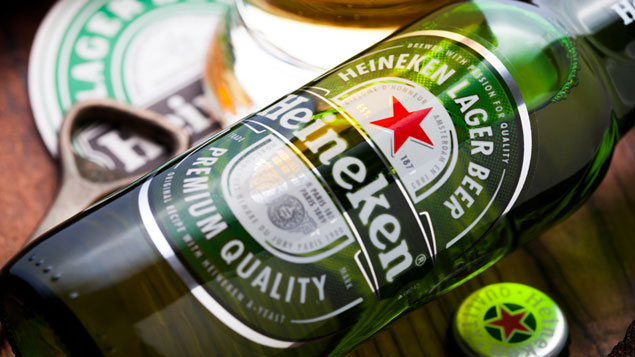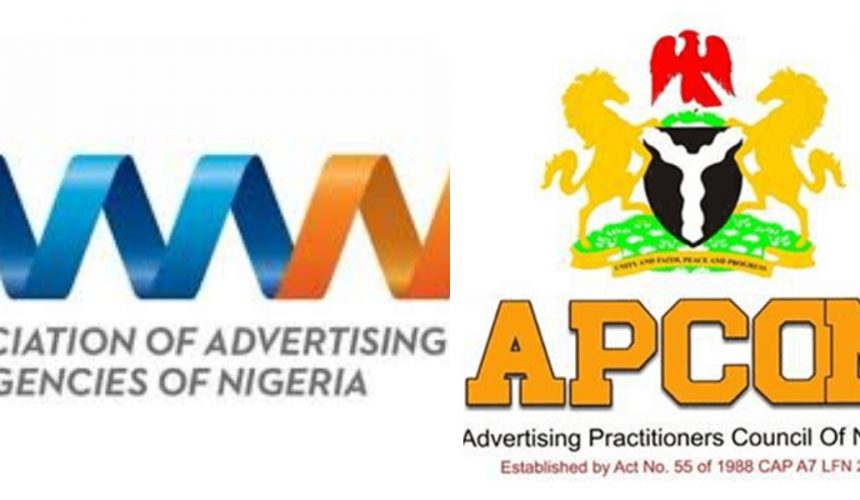One takeaway from a massive machine-learning analysis of 25,000 Cannes-winning ads from 2011 to 2016 by research firm Ace Matrix is that agencies may need to try something annoying if they must realise their dreams of winning a Cannes Lion. The research used natural language processing to measure emotions behind ads that won awards at the Lions Festival of Creativity.
The analysis broke ads into 28 clusters based on emotional characteristics, and found five clusters represented more than 90 percent of Cannes-winning ads. Some of those emotional clusters had a 20 times greater chance of winning at Cannes than an ad picked at random.
Ads deemed annoying by survey respondents made up 20 percent of Cannes winners. These ads are often polarizing and get high “hate” scores from typical viewers who aren’t Cannes jurors, but they do grab attention. Other ads most likely to produce Cannes winners were those that create a sense of confusion, those that are universally funny, and heartfelt storytelling ads.
If annoyance and confusion seem unlikely to generate sales, that’s because they are, says Ace Metrix CEO Peter Daboll. “There’s a growing disconnect between brand success and attributes in these shocking and sometimes disturbing Cannes winners,” he says.
That’s one reason Cannes winners rank below average for all ads on key performance indicators marketers most often associate with effectiveness, including watchability, likeability, informativeness and desire (or making people want the advertised product or service).
If there’s an emotional sweet spot most likely to win both Cannes hardware and customers, it’s “heartfelt storytelling” ads, Daboll says. Ads of this sort include Wieden & Kennedy’s “Thank You, Mom” work for Procter & gamble Co. and Ogilvy & Mather’s Dove “Sketches” for Unilever. Ads in the annoying range include Martin Agency’s “Family” for Geico, with a dog licking the plates of a freeze-framed family, described by survey respondents as “weird” and “gross” among other things. Confusion reigned with Cannes winner “First Kiss,” pairing strangers to lock lips for Wren from MullenLowe and Durable Goods.
The existing Ace Metrix customer base of mainly marketers is more interested in their effectiveness metrics than predicting Cannes winners, Daboll says. But he acknowledges the study was designed in part to win agency clients interested in saving on award entry fees by evaluating chances their ads have of winning before they enter.
If machine learning really can predict Cannes winners, Publicis Groupe CEO Arthur Sadoun may find yet another use for his Marcel artificial-intelligence system being developed with funds saved by staying away from Cannes and other award shows for a year — maximizing return on entry-fee investment when Publicis returns.
Credit: Advertsising Age





Comment
No comments found.